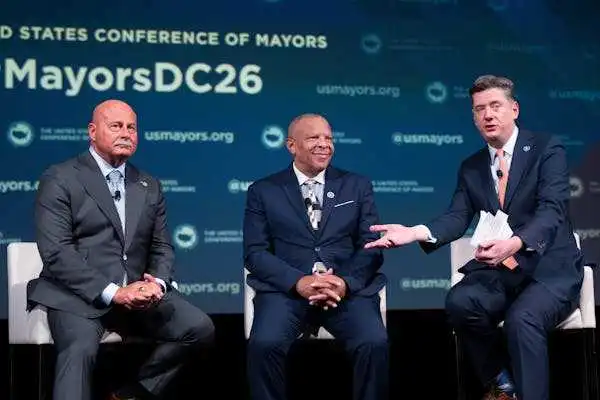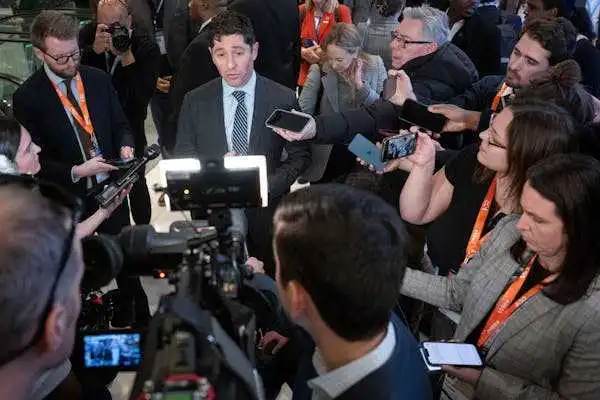On February 18 2025, an Iowa House subcommittee recommended passage of House Study Bill 158, a bill that would make bringing a person under the age of 18 to a drag show a felony, punishable with “up to five years in prison and a fine between $1,025 and $10,245,” the Des Moines Register reports. The bill would also fine owners of a venue where said child saw drag $10,000 for every child in attendance, and charge them with a felony as well.
According to the bill, parents whose children saw drag could also “institute a civil action for damages in the amount of not less than ten thousand dollars and up to fifty thousand dollars for each violation.” The bill would additionally bar “a state agency or public entity that receives state funds” from displaying drag performances, also at risk of a $10,000 fine per child.
And this isn’t even where the problems of the bill end. Drag is defined in the bill as “a performer who exhibits a gender identity that is different than the performer’s gender assigned at birth through the use of clothing, makeup, accessories, or other gender signifiers.” This means that the bill could potentially outlaw classical theatrical productions like William Shakespeare’s Twelfth Night, in which one of the female characters masquerades as a man, and it could outlaw beloved film classics like Mrs. Doubtfire, according to them. Most hurtfully, though, because the language of the bill is so broad, it could actually bar transgender people from speaking in public at all. Republicans tried to demur–Iowa Republican State Representative Helena Hayes said the bill’s ultimate language would change in the future “so there are not unintended consequences such as banning minors from art performances,” the Des Moines Register wrote, but she mentions nothing about how the language as is would affect transgender individuals. If the bill passes it could still be damning to an entire community of people, not just artistic works.
Iowans spoke out against the bill’s outrageous overreach, citing that not only was passage of such a bill a disrespectful infringement on free speech, queer and trans civil rights, and parental rights, it was also totally useless and a waste of time. “I’m really getting tired of these culture war bills that are being introduced to grab headlines when we have real work to do here and we haven’t done much real work to help Iowans,” House Minority Leader Jennifer Konfrst told the Register a few days earlier. But Konfrst wasn’t the only one. Of the 121 pages of public comments from the February 18 meeting, many shared similar sentiments from concerned Iowans.
“I oppose this bill. I am a transgender person and a drag performer. Labeling my existence as ‘adult’ is labeling my daily life as obscene and explicit. Doing this is attempting to push me and people like me out of public life and existence itself. This is injurious to so many people, including the children this bill claims it seeks to save. Please vote NO on HSB 158,” shared citizen Kayden Ellis.
“I oppose this bill because it serves no function besides hurting the trans members of our community and pandering to our country’s conservative fringe. Iowa needs leaders who will actually make our lives better not just hurt an already severely victimized minority group,” citizen Grant Manwaring said.
“This is a pointless bill. Can we please focus on something more useful, like gun control or poverty? Or how about taking care of our veterans, or how about the rising cost of food maybe? Drag Queens and Drag Kings are not the problem,” citizen Lindsey Coram shared.
This is not the first time Iowans have rallied around progressive causes–we learned at the end of last year that of those surveyed about Iowa’s ban on abortions after six weeks, 59% opposed the new law, and 64% supported legalized abortion.
So there’s no guarantees for this bill, HSB 158, yet. It will still have to pass the Senate and the Judiciary Committee to become law. But if Iowa Democrats have anything to say about it, hopefully it’ll never make it there.
















